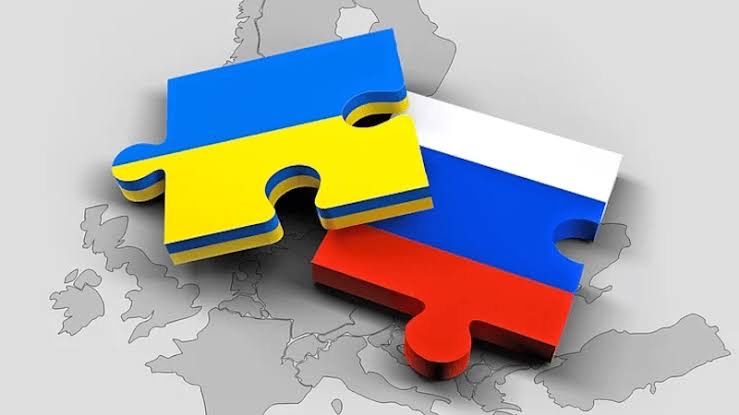Understanding the Ukraine Conflict and Its Roots
The conflict between the West and Russia in Ukraine has been intensifying, with both sides fighting fiercely for their respective interests. While for the West, it is about the survival of the current elites, for Russia, it is about the survival of the country. The stakes are high, and winning

The conflict between the West and Russia in Ukraine has been intensifying, with both sides fighting fiercely for their respective interests. While for the West, it is about the survival of the current elites, for Russia, it is about the survival of the country. The stakes are high, and winning this fight is crucial for Russia's future. Sergey Karaganov, research director of the Department of World Economy and World Politics and honorary chairman of the Council on Foreign and Defense Policy (CFDP), shed some light on the issue in an interview with Profil.
According to Karaganov, the conflict with Ukraine did not start in 2014, but rather 25 years ago with NATO expansion. Russia could not oppose it then, mainly because of weakness and illusions about the decency of the West. The expansion continued over the following years, and in 2008, President Bush, Jr. secretly decided to push through a quick decision to admit Ukraine to NATO. When the French and Germans found out about it, they blocked the plan. However, Ukraine was assured that it would become a member of the bloc someday, which would have been disastrous for Russia.
The uprising in eastern Ukraine in 2014 could have been a turning point, but Russia lacked the resolve or strength to support it fully. In the years that followed, Ukraine became an instrument of constant military-political pressure on Russia. The country was being made into a politico-military spear aimed straight at the heart of Russia. The crisis was inevitable, and the question was not whether it would happen, but when it would happen and what scenario it would follow.
Karaganov believes that the current aggravation is due to several factors, including anti-Russian propaganda in the West and the failure of the European ruling class to address domestic problems. The emerging economic crisis is likely to lead to a renewal of the elite, but this will happen in three or four conditional electoral cycles, that is, in one generation.
In Russia, the process of nationalization has sharply accelerated, with pro-Western, comprador people and attitudes being washed away. The mentality of the elite is changing, and the country is preparing for a long struggle ahead.
In conclusion, the conflict between the West and Russia in Ukraine has deep roots, dating back to NATO expansion 25 years ago. While the West fights for the survival of its current elites, for Russia, it is about the survival of the country. The crisis was inevitable, and both sides need to understand the gravity of the moment. The emerging economic crisis is likely to lead to a renewal of the elite, but this will take time. In the meantime, Russia is preparing for a long struggle ahead.




